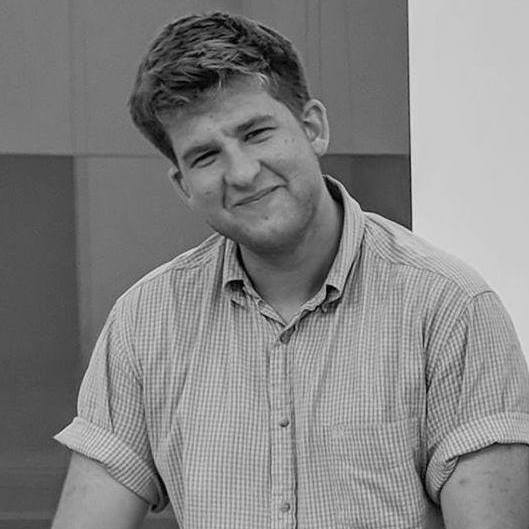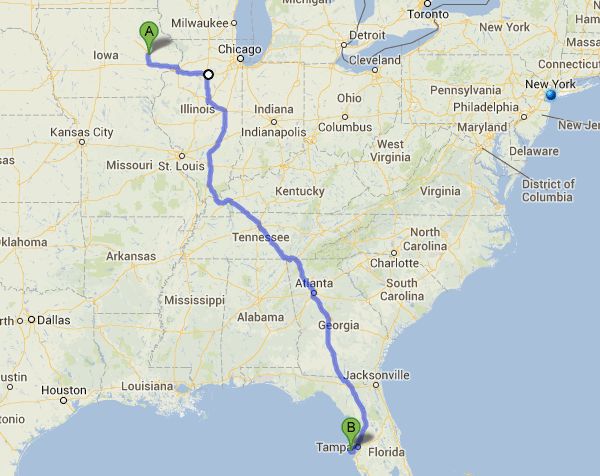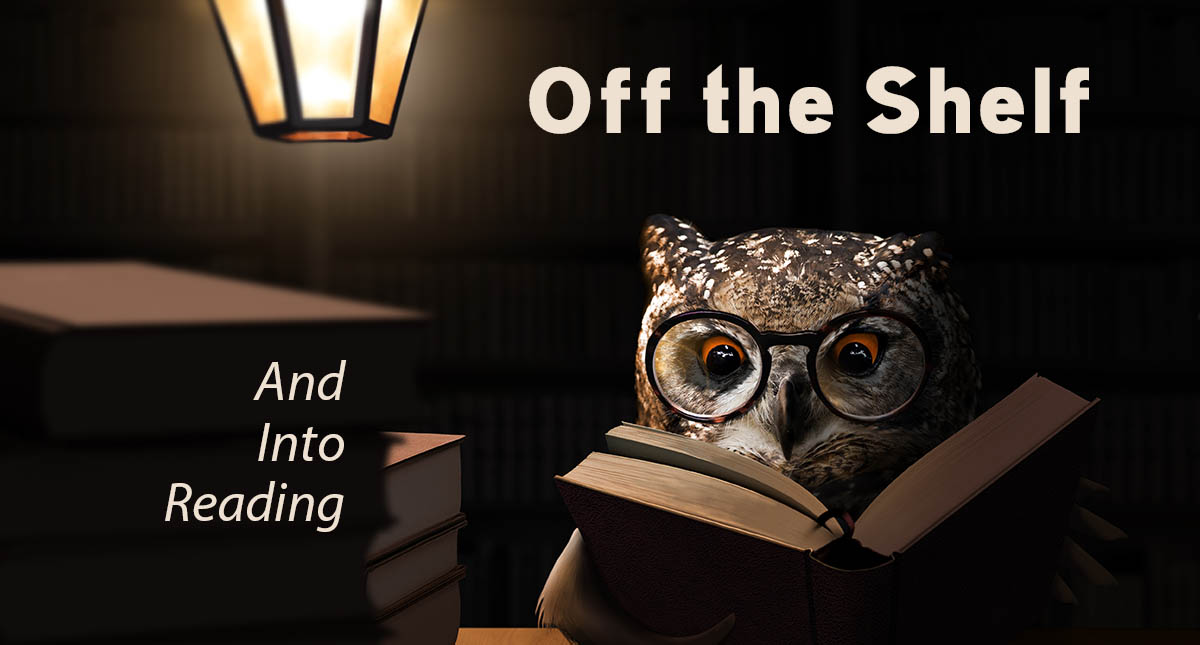Every year, I dive through the music industry’s “best of” lists, looking for albums and artists that made a splash or flew under my radar.
This January, scrolling through lists from NPR, Pitchfork, the Guardian, and other tastemakers, one pattern became extremely clear: 2018 was a year for resistance music.
Pop, hip hop, and indie music took a strongly political stance in 2018, reflecting resistance, frustration, and courage in the Trump era. From the cool, devastating rhymes of Noname, to the lonely alt-country ballads of Brandi Carlile, the rhetoric of revolution was heard in varied voices.
Music as a form of resistance is not new. As long as there has been oppression, people have used the arts to critique, subvert, and protest, especially here in the US. In the 1960’s, folk music and free jazz communicated the urgency of the civil rights movement and anti-war sentiment. In the 1990’s, punk and hip-hop offered scathing critiques of rape culture, discrimination, and neoliberal capitalism.
Some of the most incendiary and outspoken music has emerged in the last several years. Artists like Run the Jewels, D’Angelo, and Beyoncé have placed resistance in or near the center of their musical philosophy.
When I think about resistance music in the 2010s, I think in particular about Kendrick Lamar’s 2015 release, To Pimp A Butterfly. This album stands out as a masterpiece of satire, honesty, and expression that reverberated across America, even reaching the ears of President Barack Obama.
Today, Queer Folx, People of Color, Indigenous People, and Womxn are more represented in alternative music than any time previous. Their music articulates resistance in many different ways and represents different perspectives, methods, and knowledge.
My personal favorite album of the year was Jeremy Dutcher’s Wolostoqiyik Lintuwakonawa, a powerful statement of Indigenous reclamation and perseverance.
Dutcher, a classically trained composer and singer from the Wolostoq First Nation in New Brunswick, Canada, was given permission to access the Canadian Museum of Natural History’s collection of artifacts. He discovered several wax cylinder recordings used by anthropologists to document the songs of his ancestors, songs lost through years of subjugation, assimilationism, and erasure.
Dutcher not only learned these songs and set them against modern string, percussion, and piano arrangements; he also used samples from the original recordings throughout the album, singing along with the voices of his ancestors, allowing their echoes to reverberate through time and space.
The Wolastoq language, an endangered language spoken by less than 100 people (including Dutcher), is used almost exclusively throughout the album in effort to revitalize the language and culture of his people. In an interview with NPR, Dutcher described his work as part of “Indigenous futurism,” which presents a vision of modern life that reclaims original lifeways destroyed by White settler colonialism and genocide.
Dutcher also identifies as “Two Spirit,” a modern indigenous gender/cultural identity reflecting the wide variance of gender practices that existed in indigenous Native American cultures before colonization.
Through singing these songs, Dutcher brings attention to the struggle of his people, and to the larger struggle of the First Nations, where protestors fighting a pipeline on unceded Wet’suwet’en tribal land facedaggressive and unjustified arrests this year.
The music itself synthesizes popular, neoclassical, jazz, and traditional indigenous styles.
— Ross Clowser
The music itself synthesizes popular, neoclassical, jazz, and traditional indigenous styles. Dutcher creates a deep and potent soundworld that envelopes the listener in layers of instrumentation, background vocals, and sampling, while his powerful tenor voice sings out operatic melodies. Violins and cellos swell under swirling piano arpeggiations throughout the album, as percussive hits ping and accent musical lines. Shakers and tribal drums drive the music ahead, while vocal harmonies unleash immense power or overwhelming tenderness.
The rich textures Dutcher creates enthrall and surprise, pulling you along on a heartbreaking, powerful, and astonishing journey. There are moments where you will find yourself tapping your foot along to the beat, and others that will make you stop in your tracks and sit down to hear what happens next.
The album’s second song, ”Essuwonike”, is one of the most powerful; beginning with Dutcher singing in dialogue with a recording of his ancestor, and morphing into a fast paced, sweeping anthem that explodes into a burst of percussion and vocal virtuosity before slowly melting away in a wash of piano and worldless vocalise.
In Wolastoqiyik Lintuwakonawa, Dutcher has created a striking work of Indigenous strength, suffering, and excellence. The album reflects historical trauma while hoping for a more just future.
Other highlights of the year’s best political music: Leikeli47’s Acrylic, Janelle Monae’s Dirty Computer, Ambrose Akinmusire’s Origami Harvest, Saba’s CARE FOR ME, and Mitski’s Be the Cowboy.
As 2019 rolls in with its government shutdown and pending Mueller investigation release, we should see an even larger outpouring of political protest music. Already, The Killers have released a new single, “Land of the Free”, a Springsteen-aesque anthem enumerating the problems facing America, accompanied by a Spike Lee directed music video that utilizes found footage from scuffles and crossings at the US Mexico Border.
This trend in music won’t stop any time soon.
As you look to the new year, keep an ear out for music that resists oppression, represents difference, and challenges your perspective. Be it from nationally known acts like King Princess and Shamir, or from local acts like Iowa City’s Karen Meat, the sound of the resistance is everywhere, and I highly recommend that you tune in. The first step to understanding and solidarity is often just listening.
Click here to hear music featured in and inspired by this column.







